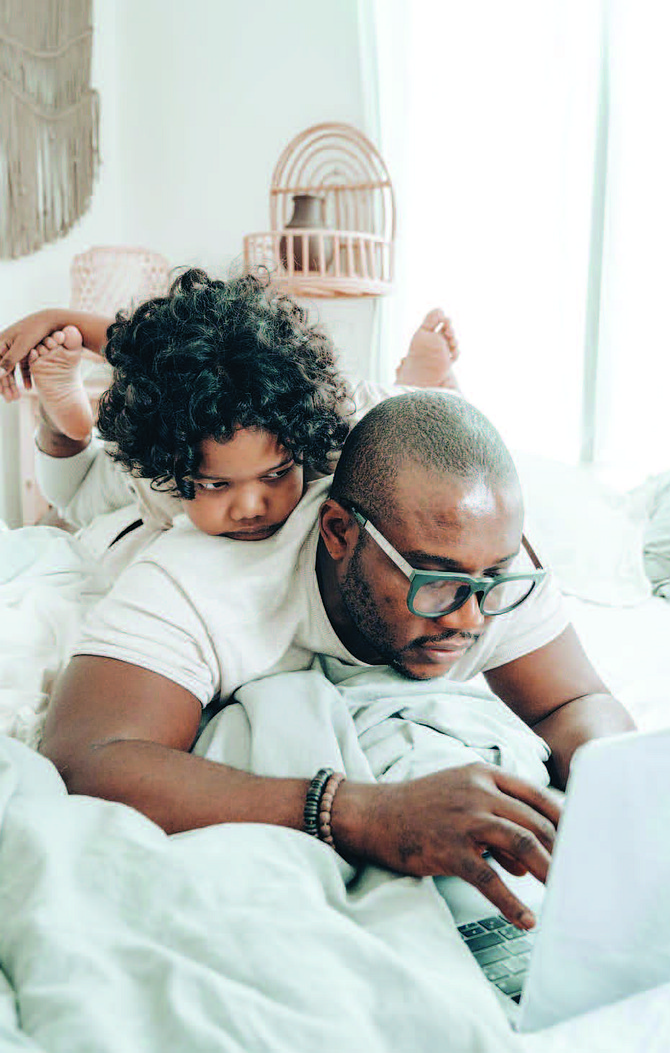Work, Reimagined: ManpowerGroup Research Reveals What Workers Want Post COVID-19
Work, Reimagined: ManpowerGroup Research Reveals What Workers Want Post COVID-19
Most workers believe the COVID-19 crisis marks the end of full-time work in the office and are looking for a hybrid model that blends work and home finds new research from ManpowerGroup (NYSE: MAN).
After health concerns for themselves and their family, workers are most worried about returning to an old way of working and losing the flexibility they have gained.
The Future for Workers, By Workers is the second in ManpowerGroup’s What Workers Want series.
The research points to employers needing to adopt a People First approach and to reimagine a future of work that works for organizations and individuals alike - prioritizing health, wellbeing, and caring responsibilities.
The survey of more than 8000 workers in eight countries* reveals workers everywhere have three key priorities for the Next Normal - autonomy and their personalized version of a Hybrid Workplace with the opportunity to work remotely, yet not all the time; learning on demand - more opportunities to learn virtually and develop skills to stay employable; and finally One Life - a focus on blending work and family life for the long term.
“What started as a health crisis has evolved into an economic and social crisis. While thankfully a small proportion of the population will be infected by COVID-19, 100% of us will be impacted by it,” said Jonas Prising, ManpowerGroup chairman & CEO. “The data shows us how workers around the world are feeling about returning – concerned for their health and employment security, while seeking flexibility which allows them to better balance work and home. Those organizations that prioritize emotional wellbeing and flexibility while demonstrating how they create social impact in challenging times will be best positioned to attract and retain the best talent and ensure workers are confident, healthy and productive.”
When economic outlooks are uncertain, employability matters most to workers, with 9 in 10 workers say simply keeping their job is most important. Yet how workers feel about a return varies by gender and career stage:
Gen-Z vs. Millennials: Gen Z’s most keen to return to the workplace to develop their careers and socialize, (51%), while millennials are least positive (38%).
Gen X vs. Boomers: Gen X value being in the workplace to concentrate and collaborate away from household responsibilities. Boomers choose socializing and collaborating with colleagues (34%) as the top reason to return.
Gender Divide: Almost half of men (46%) feel positive about returning, only one-third of women (35%) feel the same. Women report feeling more concerned or nervous about the return. Both men and women rank not having to commute and having flexibility to work when convenient in their top three benefits of working from home.
Working Parents: Men with children list spending time with their family as a top benefit to working remotely. Women feel more negatively about going back to work, increasing in concern the younger the child – 61% for children 0-5, 53% for children 6-17 and 50% for 18+.
To download the full report The Future for Workers, by Workers: Making the Next Normal Better for All, visit: https://go.manpowergroup.com/futureforworkers
Latest Stories
- Southern Illinois University Carbondale to Present Chancellor’s Scholarship at Rich Township High School District 227
- OLIVE -HARVEY COLLEGE JUSTICE CENTER SHORT FILM FESTIVAL
- STATE, COUNTY, AND LOCAL LEADERS TO TRAVEL TO PROVISO EAST HIGH SCHOOL TO HONOR STUDENTS FOR REMARKABLE TURNAROUND
- Let’s Just Do It
- The Ripple Effect Tour Aims To Create Waves Of Change
Latest Podcast
Bren Sheriff-"Get Your House In Order"

